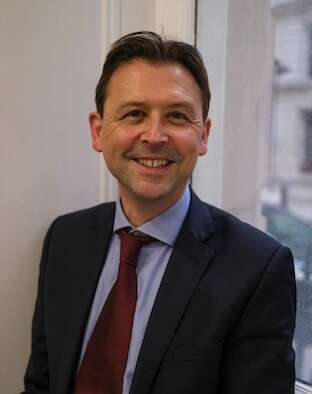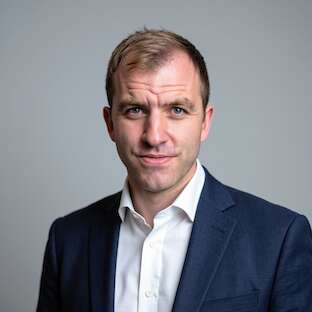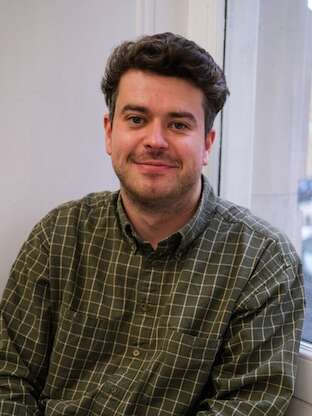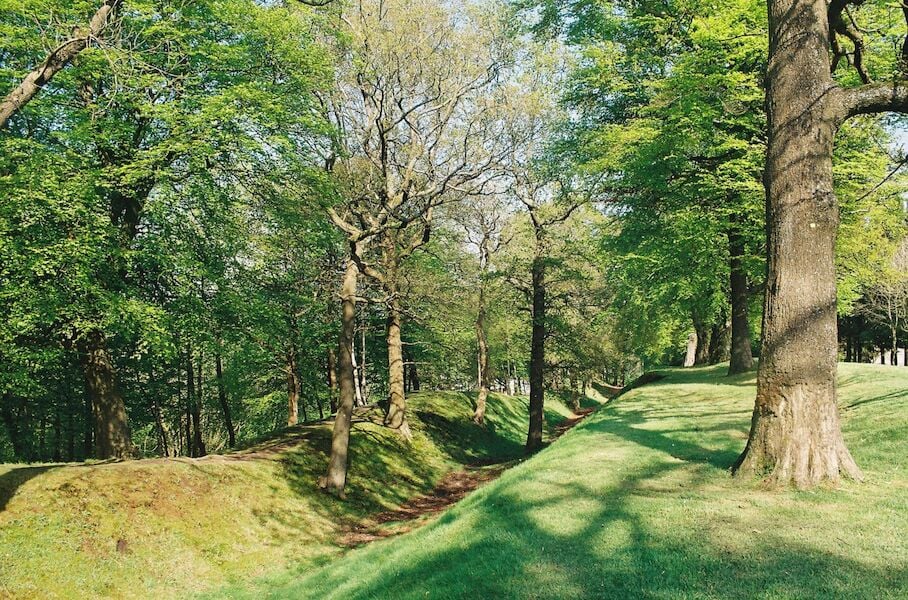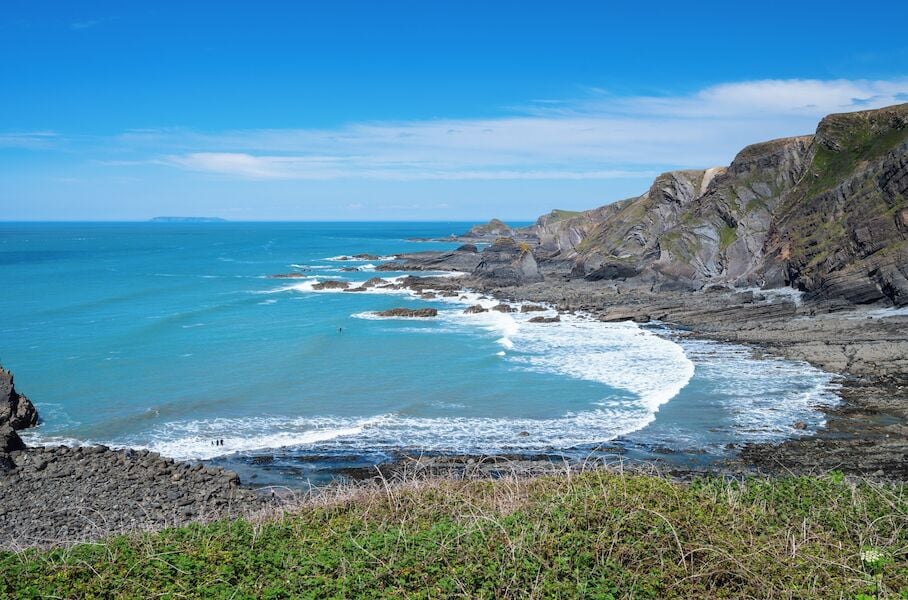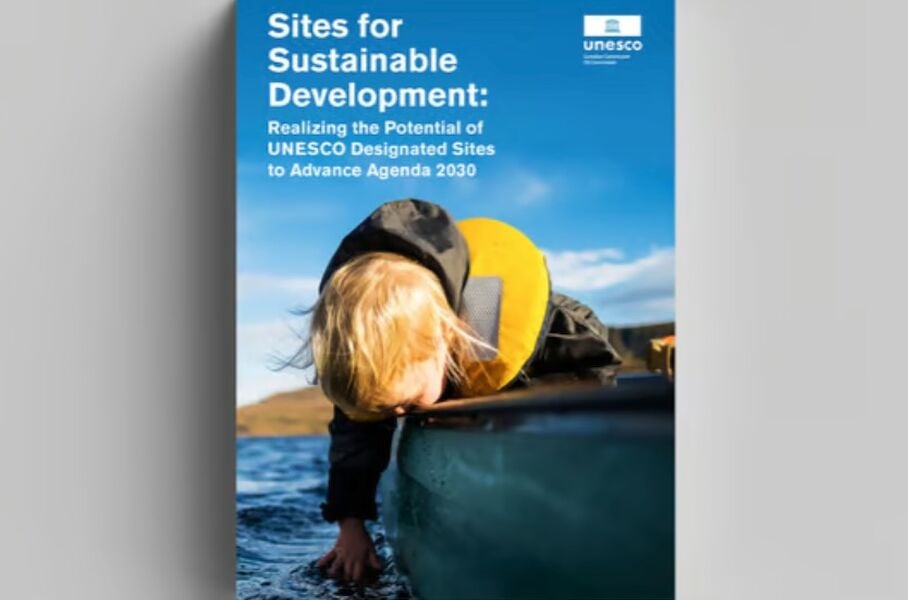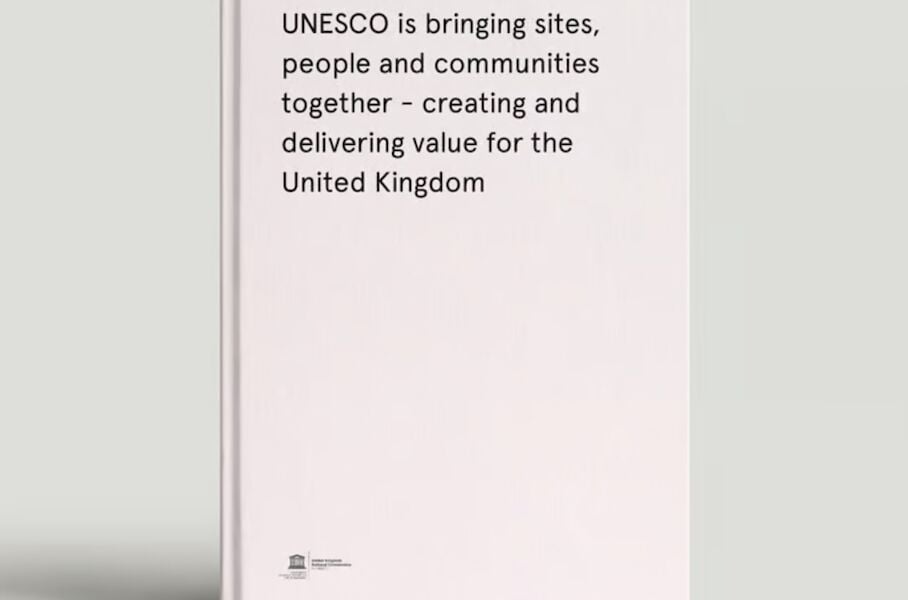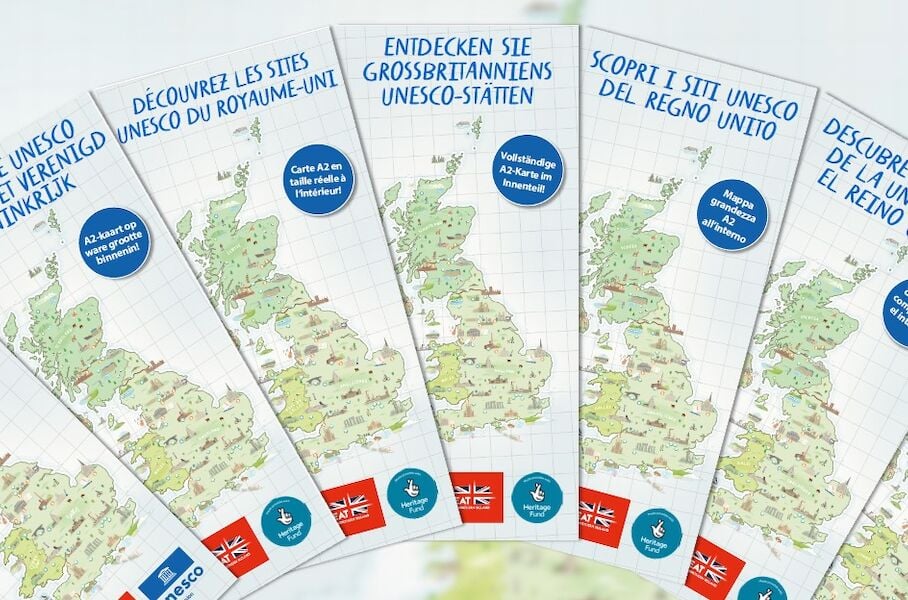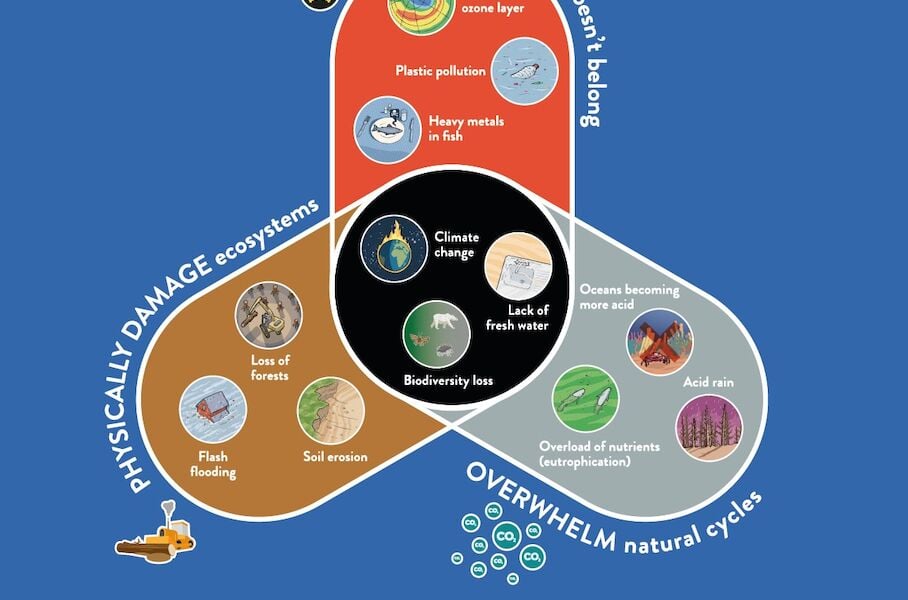Building future skills at UNESCO Designated Sites
The German Commission for UNESCO and United Kingdom National Commission for UNESCO invited all land-based UNESCO Designated Sites in the UK to submit project ideas for the development of high-quality educational materials and programmes for, and at, their site that addressed sustainability, digitisation, or innovation.
From the project ideas submitted, one UNESCO site in the UK was selected for funding of 15,000 Euro provided by a donation from Henkel AG & Co. KGaA.
Context
Land-based UNESCO Designated Sites (Biosphere Reserves, Global Geoparks and World Heritage Sites) are the crown jewels of our planet. Not only do they serve to protect and promote sustainable development, but they are also ideal places to communicate the values and goals of the United Nations to large segments of the population.
UNESCO Sites enjoy a high level of political attention and offer a wide range of learning opportunities through guided tours, courses, exhibitions and the provision of educational services and materials. However, to date most learning programmes are based on traditional formats (text, images and video).
UNESCO Sites have the opportunity further enhance their potential to communicate global challenges, sustainable development and social sustainability - as enshrined in the UN 2030 Agenda - through the development and use of innovative educational programmes and future skills.
Aim and Scope
Through this initiative, the German Commission for UNESCO, the UK National Commission for UNESCO, and Henkel AG & Co. KGaA wanted to enable a UNESCO site in the UK to gain access to funding opportunities which are normally out of reach for most UNESCO Designated Sites due to the high up-front investment required to apply. The specific aim of the project was to enable the selected site with seed funding to do groundwork to attract further substantial funding from a third party worth several hundred thousand Euro.
The scope of the selected project required the development of innovative educational materials or programmes that were ambitious in terms of content and, where appropriate, technology. Using the UNESCO site as a test-bed, educational materials or programmes needed to address the major challenges and opportunities for tomorrow's society with a focus on sustainability, digitalisation and/or innovation.
UK Selected Project
The UK project selected for this funding was 'ECO for Me', submitted by Galloway and Southern Ayrshire UNESCO Biosphere.
The project proposal consisted of two phases:
Phase I, consisted of conducting research to understand how young people with additional support needs (ASN) experience environmental emotions; identifying best practice education for sustainable development (ESD) approaches and resources that could be restructured as a basis for a programme specific to the needs of those with learning disabilities and ASN; and creating a final report and 'easy read' report documenting the research outcomes. Phase I provided the evidence-basis for;
Phase II, which aims to develop a ‘proof of concept’ of a potential ESD programme and resources to determine their broader feasibility.
Project Outputs
The project output was an academic literature review of eco-emotions, particularly as experienced by young people with additional support needs. Existing ESD material was collated and examined to determine best practice that might be suitable for adaption for individuals within ASN communities.
Following this, interview questions around understanding of, and engagement with, climate change using a knowledge-affect-behaviour structure were developed in collaboration with The Usual Place (TUP), an award-winning social enterprise community café based in Dumfries that works with young people with ASN.
19 semi-structured interviews took place at TUP across two groups: 11 young people / trainees with ASN, and eight members of staff. A report of the findings from these interviews was written. The project will also explore existing ESD materials in relation to a series of critical principles derived from general pedagogy, the specifics of environmental communication/education, and the needs of those with ASN.
Project Outcomes
The project demonstrated that there is a lack of studies on how people with ASN experience climate change, and a lack of ESD resources for people with ASN.
Interviews showed that there is a degreee of knowledge, in-sight and interest in climate change from young people with ASN, and that they experience a range of emotions in relation to the causes and effects of climate change, including anxiety, anger, sadness, and guilt. TUP as an organisation displays some engagement with pro-environmental behaviour, in particular recycling, but this has become habitualised, and there is little discussion of climate change, with staff limited by TUP's focus on employability development. Staff were broadly in support of the principle to do more, and to create space to make these issues prominent; for example via their Youth Forum and training.
Project Partners
The project was a partnership between the University of Glasgow (UoG), School of Social and Environmental Sustainability who conduct research in the domain of environmental sustainability; the Crichton Carbon Centre (CCC) who deliver climate and environmental education in Dumfries and Galloway; the GSA Biosphere (GSAB) who provide ESD and have a certified Carbon Literacy course; and The Usual Place (TUP), an award-winning social enter-prise community café based in Dumfries that works with young people with ASN to enhance their employability through work placements, needs-led support, and vocational qualifications.


